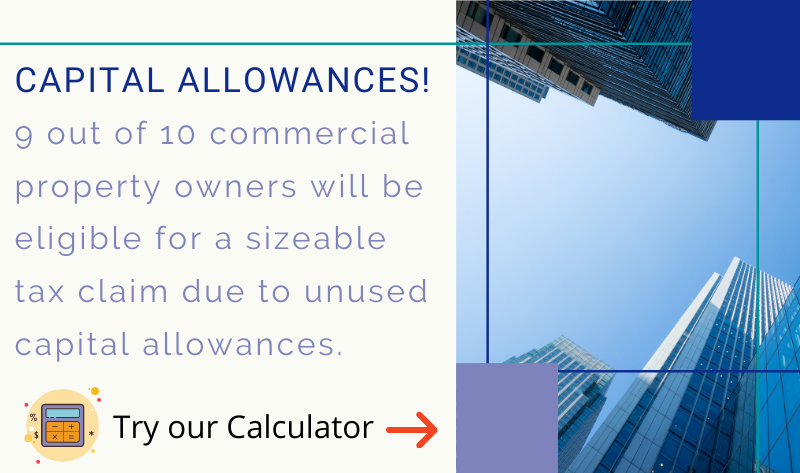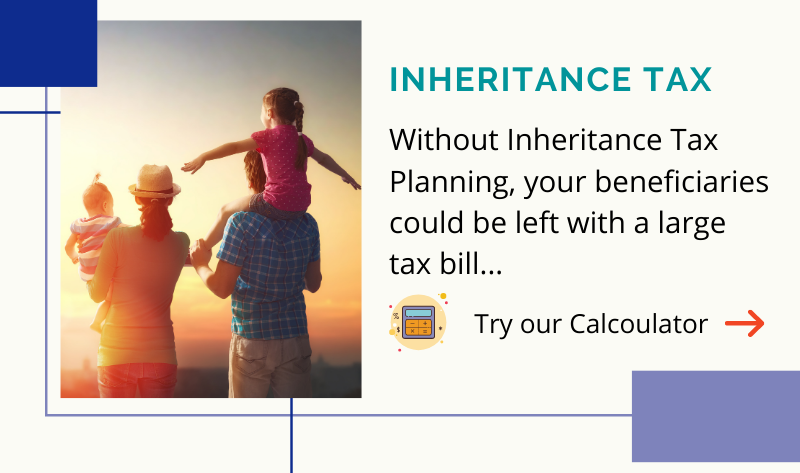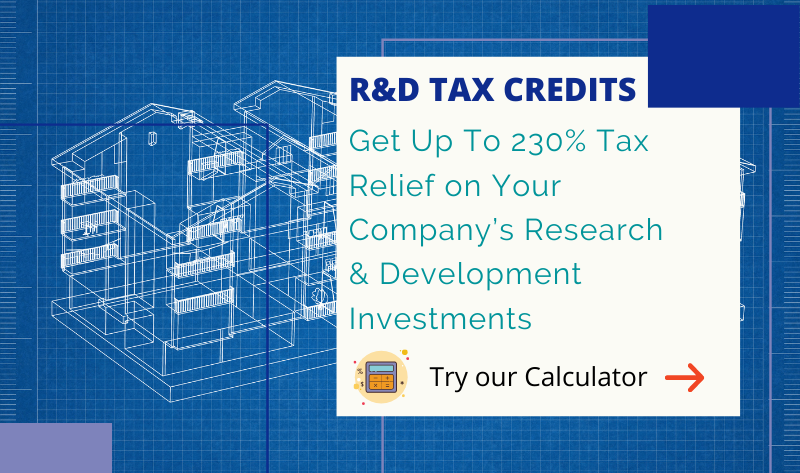
(3 Minute Read)
Final changes to Mortgage Relief for landlords. Is it time to transfer to a limited company?
What is it?
Relief on mortgage interest for landlords is being scrapped.
The changes mean that all finance costs, not just mortgage costs, will no longer be an allowable expense.
Instead you will have to make a tax adjustment giving you a basic rate tax deduction of up to 20% of the finance costs.

How Does this work?
Previously, the mortgage interest was an allowable expense, and so it reduced your profits.
However, since 2017 there has been a phased changing of how much of the interest costs you could claim as an expense, and from the 2020/2021 year it is nil.
The Finance costs include mortgage interest, costs of obtaining the finance, fees, commissions, legal expenses for negotiating the terms, etc.
Instead, you must make a tax adjustment after the profits have been taxed, and for up to 20% of your finance costs. The adjustment is only available on profits which you have to pay tax on.
The 20% deduction is restricted when:
- Property profits are less than finance costs, as the deduction doesn’t affect other sources of income.
- There are property losses brought forward, as these must be set against profits first, reducing the taxable profit for the finance costs to be set against.
- Your total income is low, and part or all of the personal allowance is set against the rental profits, reducing the tax payable.
Any unused finance costs can be carried forward one year to use against profits then.
This will only apply to individuals with property businesses, and not to limited companies, commercial lettings, or furnished holiday Lets.
For example…
Mr Rigsby owns several properties which he rents out. He is also a self-employed radio presenter. His taxable self-employed income was £33,000.
His income from his rental properties was £20,000 with finance costs of £9,000 and other costs of £3,000.
Before these restrictions his tax would be worked out as follows:
Rental income £20,000
Less finance costs £9,000
Less other expenses £3,000
Rental profits for the year £8,000
Plus self-employed income £35,000
Total income = £43,000
Tax calculation
£11,000 x 0% = £0
£32,000 x 20% = £6,400
Total income tax = £6,400
After these restrictions his tax would be worked out as follows:
Rental income £20,000
Less other expenses £3,000
Rental profits for the year £17,000
Plus self-employed income £35,000
Total income = £52,000
Tax calculation
£11,000 x 0% = £0
£32,000 x 20% = £6,400
£9,000 x 40% = £3,600
Total income tax = £10,000
Less 20% of finance costs: £1,800
Total Tax Payable: £8,200
Because of the changes, Mr Rigsby now has an extra £1,800 to pay and is a higher rate taxpayer meaning he may be subject to other charges.

What does this mean to you?
These changes could mean that somebody who would previously be a basic rate tax payer could be pushed into the higher tax rate.
If you do become a higher rate taxpayer after your rental profits, you will lose higher rate tax relief on your finance costs.
The potential increase in tax rate can affect people receiving tax credits, and if you or your partner claim child benefit and you enter the higher rate then the child benefit will be clawed back through the Higher Income Child Benefit Charge.
Paying tax at a higher rate may also mean paying 28% Capital Gains Tax instead of 18%.
There are ways in which you could reduce your tax liability, and it could pay to start planning now. To do this, start by checking out our End of year tax planning tips at the link above.

Kind regards Ilyas
